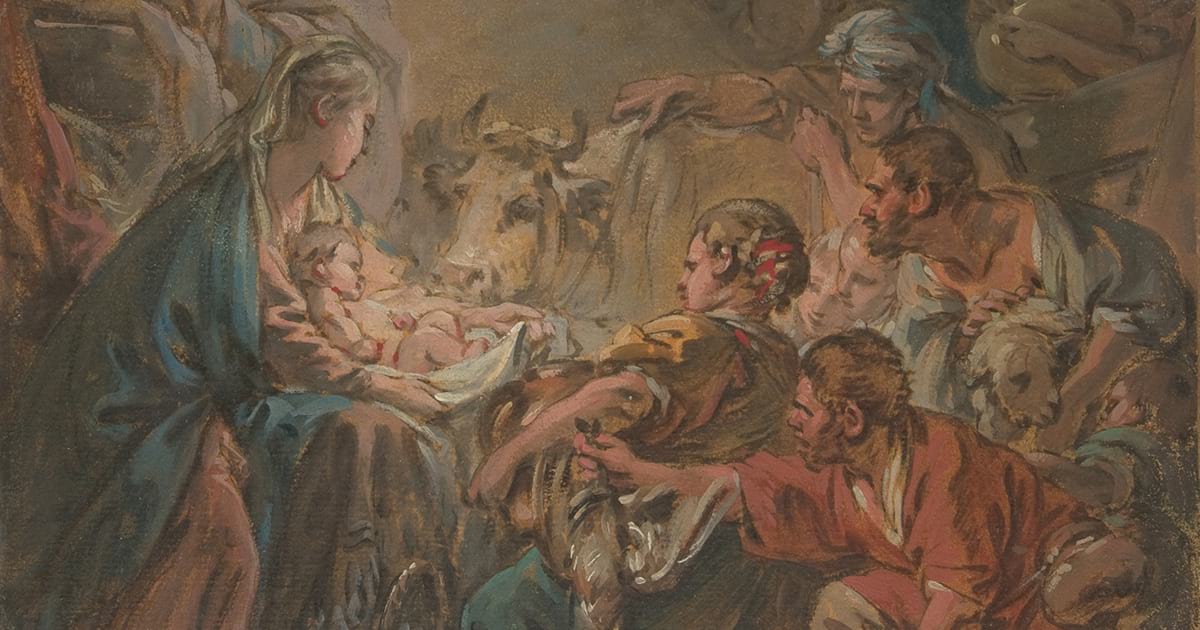
Anthropology is the study of humankind. When used in a scientific context, it may refer to the way societies form and change over time. When used in reference to the Christian faith, it refers to our understanding of humankind, especially in our relationship to God.
Lutherans do not derive their understanding of what it means to be human from looking at mankind. The science of anthropology only looks at humans and how they have changed and developed. But as Lutherans, we look to God and His definition of mankind.
The Scriptures tell the story of man’s creation by God; man’s fall into sin and the resulting corruption of the earth; and finally, Christ’s incarnation, birth, life, death and resurrection. In sending His Son to take on human flesh, God the Father declares His love for humanity and His desire to redeem mankind from its sin.
When Pontius Pilate brought Jesus before the crowds, he declared, “Behold the man!” (John 19:5). Jesus is indeed the picture of perfect humanity, the pattern and fulfillment of Adam’s creation in Genesis.
The implications of this teaching are broad and powerful. The December issue of The Lutheran Witness explores how Lutheran anthropology informs and directs our lives here and in the life to come. Learn more and get your copy of The Lutheran Witness at cph.org/witness.
Posted Dec. 12, 2022